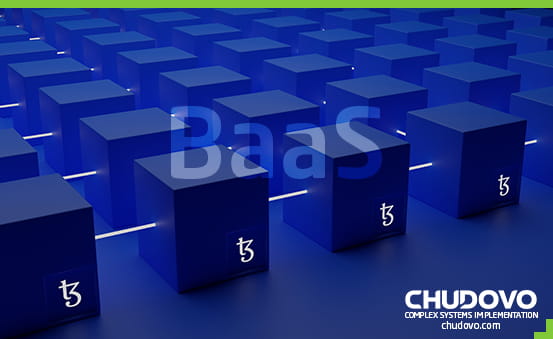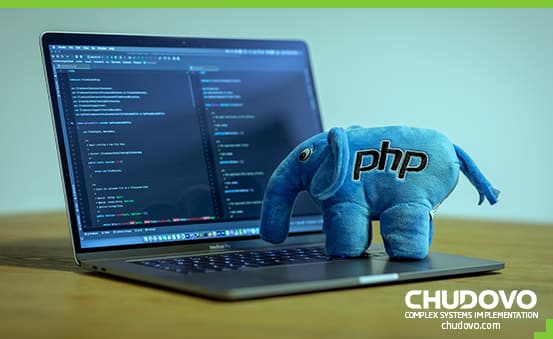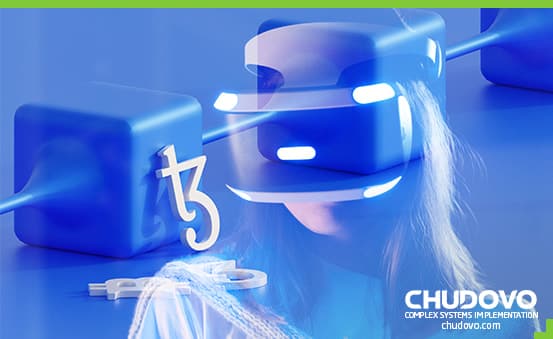
Revolutionizing Play: The Impact of Blockchain Technology in the Gaming World
Just like every other industry, the medical and healthcare industry requires a great deal of technology and use of the internet to not only increase their market demographics but also amplify and provide better health treatment to patients. With the help of technologies and the introduction of websites (through the internet), the treatment process can be made easy, seamless, and faster. But how so?
Picture yourself stepping into a vibrant digital playground where you’re not just playing the game but actively shaping it. That’s the exciting new realm we’re entering with the integration of blockchain technology into gaming. Imagine knowing that every quest completed, and every digital treasure unearthed could translate into real-world value in your pocket. Welcome to the transformative world of blockchain in gaming.
The potential of blockchain games lies in their power to turn players from mere spectators into key participants in their own digital economies. You can trade, sell, and earn digital currencies; you can claim true ownership of your in-game assets through something called Non-Fungible Tokens (NFTs). It’s like having your very own piece of the gaming universe, with tangible value that’s recognized beyond the game. This evolution into blockchain-based gaming is not just changing how we play games, but it’s challenging our very perception of what gaming can be.
Still, every coin has two sides. Blockchain may be the golden key to the future of gaming, but it doesn’t come without its share of puzzles. From mastering the intricacies of blockchain technology to tackling issues of scalability, it’s a thrilling, albeit challenging, journey we’re embarking on. So, come along as we explore this technology’s impact, its potential, and its role in crafting the future of gaming. Let’s unravel together, block by block.
Table of Contents
- Overview of Blockchain Technology
- The Advent of Blockchain in Gaming
- The Evolution of Gaming: From Arcades to Blockchain
- Case Study: The First Blockchain Games
- Exploring Blockchain Gaming Technologies
- Smart Contracts and Their Role in Gaming
- Decentralized Autonomous Organizations (DAOs) in the Gaming Sphere
- The Interplay between NFTs and Gaming
- Benefits of Blockchain in Gaming
- Transparency and Fair Play
- True Ownership and In-game Assets
- Monetizing Gameplay through Cryptocurrency
- Challenges and Potential Drawbacks of Blockchain in Gaming
- Scalability Issues and High Transaction Fees
- Regulatory and Security Concerns
- Adoption and User Experience Challenges
- Future Trends: Blockchain and the Next Generation of Gaming
- Play-to-Earn Models: The Future of Gaming?
- Merging Virtual and Real Economies: A New Frontier
- Augmented Reality (AR) and Virtual Reality (VR) Meet Blockchain
- Conclusion
- Frequently Asked Questions (FAQs)
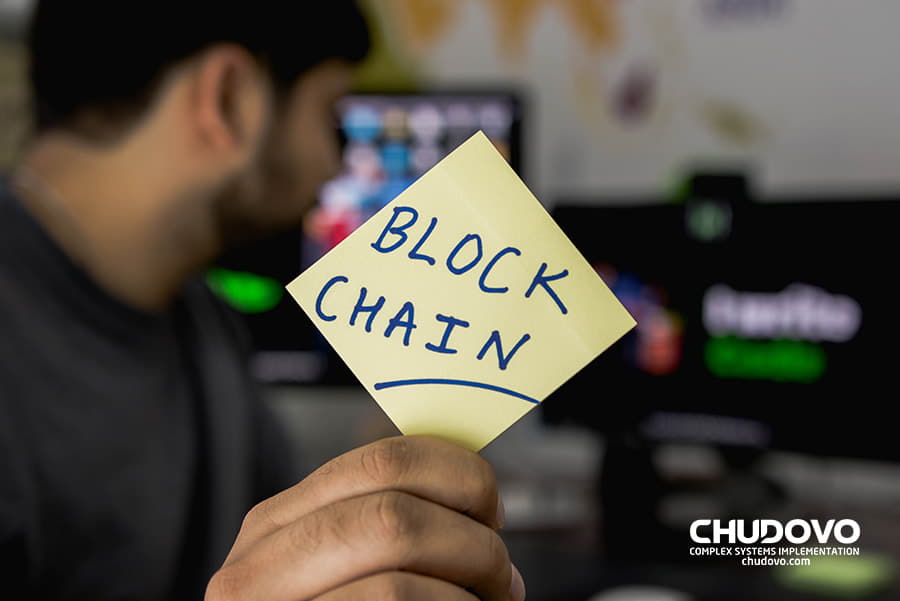
Overview of Blockchain Technology
At the heart of the exciting interplay between blockchain and gaming lies blockchain technology itself. But what is blockchain technology, and why is it so transformative? Originating as the underpinning technology of Bitcoin, blockchain is, in essence, a distributed ledger system.
It stores data across multiple computers in an interlinked network of blocks, ensuring a high level of security, transparency, and immutability. Each block in the chain contains transaction data, and once recorded, this data becomes practically impossible to alter, providing a trusted, verifiable record of each transaction.
When we talk about blockchain in gaming, we are referring to the application of this decentralizing technology in the game development and gaming experience. Blockchain games operate on blockchain principles, and they’re not just regular games that allow cryptocurrency transactions. They incorporate blockchain at their core, letting players own, trade, and sell their in-game assets securely. These assets are often represented as Non-Fungible Tokens (NFTs), giving them unique identities on the blockchain.
Blockchain-based gaming is not just about trading and owning; it’s about creating a more fair and transparent gaming world. It eliminates the need for intermediaries, allows for the secure storage of player data, and even opens up possibilities for players to earn real-world value from their gaming successes. It’s a shift that has the potential to completely transform the gaming industry.
The Advent of Blockchain in Gaming
In the past decade, the marriage of blockchain and gaming has emerged as a pioneering frontier in the digital world. The origins of blockchain in gaming can be traced back to the early 2010s when developers began experimenting with the integration of blockchain into their game designs. The idea was to leverage the transparency, security, and decentralized nature of blockchain technology to create a more engaging and equitable gaming experience.
The first generation of blockchain games, such as CryptoKitties, demonstrated the potential of this technology in creating unique digital assets that players could truly own. These games gave birth to the concept of Non-Fungible Tokens (NFTs) in gaming, allowing players to own, trade, and sell unique digital assets within the game. This was a monumental shift from the traditional gaming paradigm and marked the beginning of what we now know as blockchain-based gaming.
The Evolution of Gaming: From Arcades to Blockchain
The gaming industry has evolved tremendously over the years, and the integration of blockchain technology is its latest and potentially most significant development phase. The journey from the earliest arcade games to the complex, immersive online worlds we enjoy today has been remarkable, but the advent of blockchain in gaming represents a paradigm shift.
The term blockchain gaming refers to any game that integrates blockchain, allowing for a secure, transparent ledger of in-game transactions and actions. This has ushered in a new era of blockchain-based gaming, where players can own, trade, and even monetize in-game assets. These assets, often represented as Non-Fungible Tokens (NFTs), carry unique identifiers on the blockchain, ensuring their authenticity and ownership.
But what is blockchain gaming in real terms for the players and the industry? It represents a democratization of the gaming experience, where players can have real ownership and potentially earn from their gaming activities. It also indicates a shift towards a more transparent, secure gaming world where player data and transactions are not controlled by any single entity but are instead part of a decentralized network.
Case Study: The First Blockchain Games
To better understand the impact of blockchain in gaming, it’s useful to look at some of the earliest blockchain games. A notable example is CryptoKitties, a game that allows players to buy, breed, and trade virtual cats. Each cat was unique (an NFT), and its ownership was recorded on the blockchain, making it a digital collectible of sorts.
CryptoKitties, one of the earliest and most popular blockchain-based games, proved that blockchain technology could effectively assign, manage, and preserve the tangible value of in-game assets. In CryptoKitties, players can purchase, collect, breed, and sell virtual cats, each represented by a unique Non-Fungible Token (NFT) on the Ethereum blockchain. Every CryptoKitty is distinct and possesses a certain value, creating a bustling digital marketplace.
The success of CryptoKitties was a watershed moment for the gaming industry. It demonstrated that players were not only willing to engage with blockchain-based games but also invest real money in digital assets within these games. The uniqueness and ownership of digital assets, backed by blockchain, were appealing, offering players an opportunity to participate in a real economy within a virtual world.
Following the CryptoKitties phenomenon, numerous games have integrated blockchain technology, each bringing its unique spin on the implementation. Games like Decentraland, Axie Infinity, and The Sandbox have created vast, intricate digital economies within their gaming universes.
However, the integration of blockchain technology is not without its challenges. From technical issues like scalability to the need for more user-friendly interfaces, there are several hurdles to overcome. Yet, the potential of blockchain to transform the gaming industry is immense, and its adoption and development continue to grow. This marks an exciting new chapter in the history of gaming, with the promise of more innovation and evolution in the future.
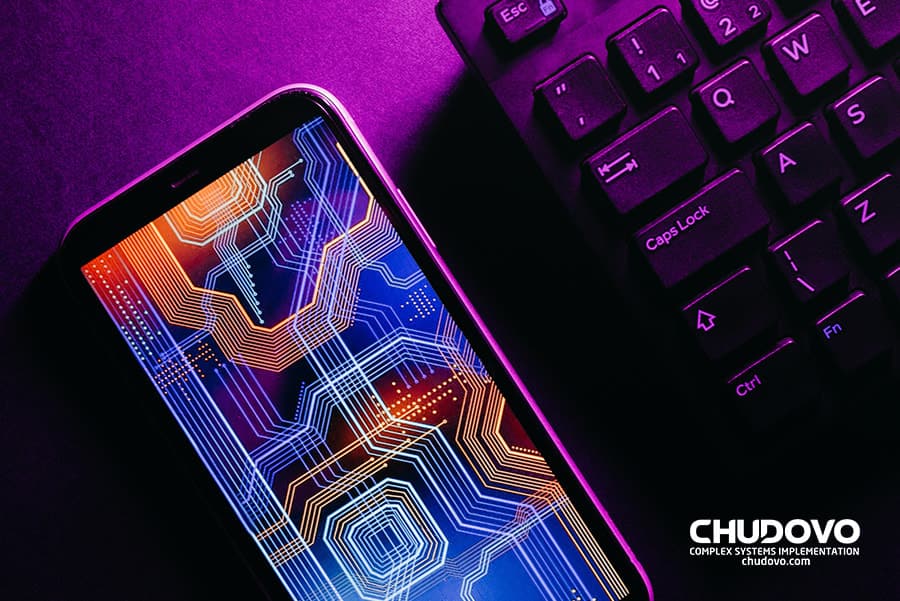
Exploring Blockchain Gaming Technologies
The world of gaming is rapidly evolving with the integration of blockchain, ushering in a new generation of blockchain-based gaming technologies. This transition is not just limited to the creation and trading of digital assets but also includes complex economic systems managed by smart contracts and player-driven communities known as Decentralized Autonomous Organizations (DAOs).
At the centre of it all, Non-Fungible Tokens (NFTs) play a significant role in defining digital ownership in games. These unique, blockchain-based tokens represent ownership of specific in-game items or assets, giving them an intrinsic value that extends beyond the virtual gaming environment.
Smart Contracts and Their Role in Gaming
In simple terms, a smart contract is a self-executing contract with the terms of the agreement directly written into lines of code. In the context of blockchain games, they allow for the creation of complex in-game economies, where transactions between players and even player achievements can be automated and securely managed by these contracts. It brings transparency, trust, and a level of automation to the gaming industry that was previously unattainable.
Decentralized Autonomous Organizations (DAOs) in the Gaming Sphere
The rise of blockchain in gaming also signals the emergence of Decentralized Autonomous Organizations (DAOs) within the gaming community. DAOs are essentially player-driven communities that have a real say in the governance and future development of their games.
They function through smart contracts and are driven by the consensus of their members. DAOs signify a drastic shift from the traditional top-down management of games, paving the way for a more democratized, participatory form of blockchain-based gaming.
The Interplay between NFTs and Gaming
Perhaps the most visible manifestation of blockchain in gaming is the use of Non-Fungible Tokens (NFTs). NFTs are unique, blockchain-based tokens that can represent ownership of a particular in-game item or asset. Each NFT is unique, meaning it can’t be replicated or replaced, adding a level of rarity and value to digital assets that were previously impossible. This means players can truly own, trade, and even sell their in-game assets in a way that wasn’t feasible before.
However, as with any emerging technology, there are challenges that need to be overcome. The understanding and acceptance of blockchain among the gaming community, the technical limitations related to scalability, and the development of user-friendly interfaces are some of the key issues. Yet, despite these challenges, the potential of blockchain to revolutionize the gaming industry is clear. As developers and companies continue to innovate and adapt, the future of blockchain gaming looks bright and full of possibilities.
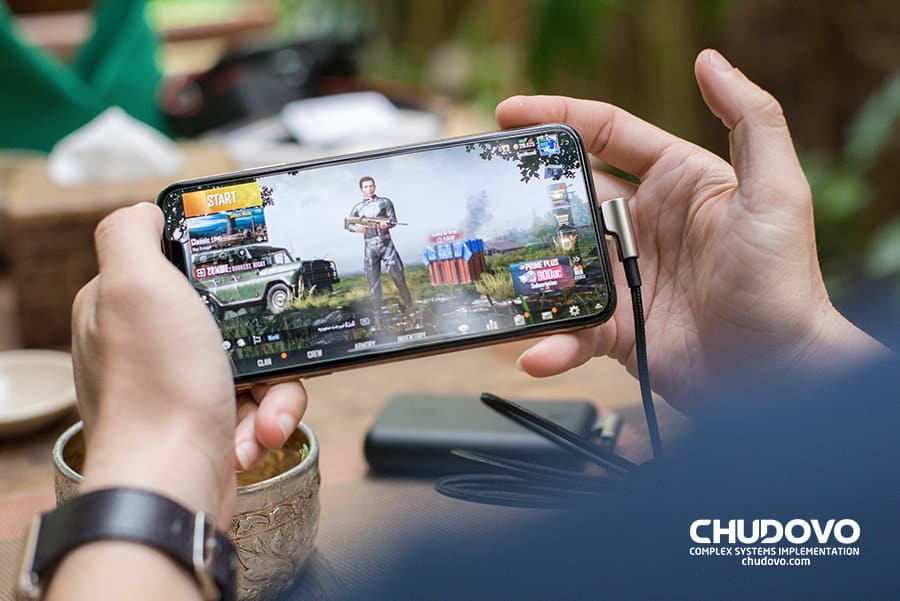
Benefits of Blockchain in Gaming
The integration of blockchain technology into gaming brings about numerous benefits that revolutionize the player experience. The technology’s inherent transparency fosters fair play by ensuring all transactions and in-game activities are recorded and verifiable, mitigating issues such as fraud and biased game economies. Beyond fair play, blockchain enables true ownership of in-game assets via Non-Fungible Tokens (NFTs), providing players with control over their digital possessions.
Transparency and Fair Play
The integration of blockchain in gaming comes with a host of benefits, with transparency being one of the most significant. The decentralized, open nature of blockchain ensures that every transaction and in-game action is recorded and easily verifiable. This provides an unparalleled level of transparency, fostering fair play and trust among players and developers alike. For instance, issues such as fraudulent activities, biased loot distribution, and opaque game economies can be mitigated through the use of blockchain technology in games.
True Ownership and In-game Assets
Another revolutionary aspect of blockchain-based gaming is the concept of true digital ownership. This is made possible through Non-Fungible Tokens (NFTs), which are unique blockchain tokens representing a specific in-game asset. The uniqueness and ownership details of these assets are verifiable on the blockchain, giving players real ownership of their in-game items. This contrasts with traditional gaming, where any digital assets players accumulate remain essentially the property of the game developer or publisher.
Monetizing Gameplay through Cryptocurrency
One of the most exciting benefits of blockchain gaming is the potential to monetize gameplay. With blockchain, in-game achievements and assets can be translated into real-world value through cryptocurrency. Players can earn digital currencies for their in-game activities and successes, which can then be traded or sold in various cryptocurrency marketplaces. This essentially transforms the gaming experience from purely recreational to a potentially profitable one.
Blockchain games offer more than just a new gaming experience; they hint at a future where the lines between digital and real-world value become increasingly blurred. While the gaming industry has always been quick to adopt new technologies, the advent of blockchain promises to be one of the most transformative yet.
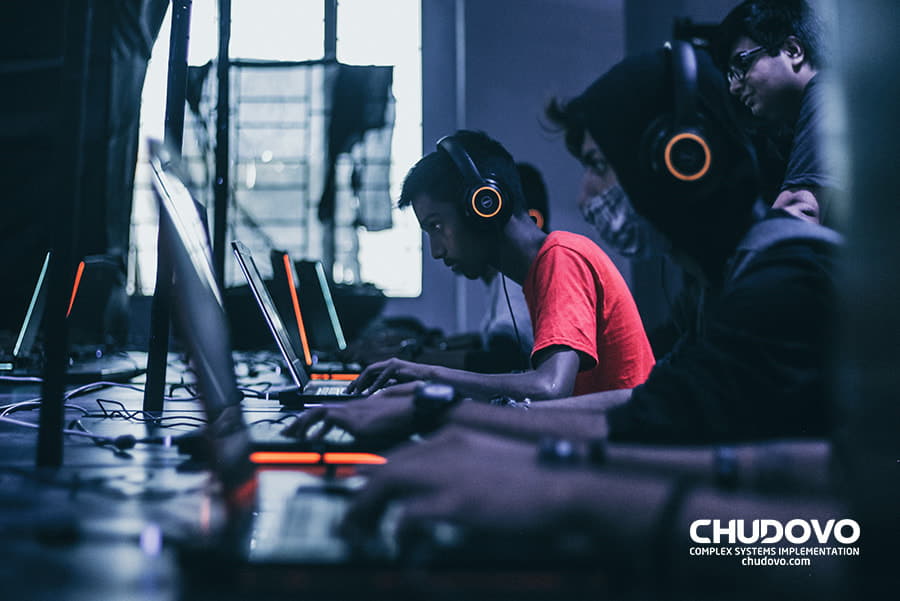
Challenges and Potential Drawbacks of Blockchain in Gaming
Despite the significant potential of blockchain in gaming, the technology also presents its own set of challenges. Scalability issues and high transaction fees on many blockchain platforms can hinder the smooth operation of gaming environments and make in-game microtransactions cost-prohibitive.
Furthermore, while blockchain enhances security, the incorporation of cryptocurrencies in games may attract hackers, leading to potential asset losses. The adoption of blockchain technology may be daunting for many traditional gamers, with the handling of digital wallets and cryptocurrencies potentially complicating the gaming experience.
Scalability Issues and High Transaction Fees
While blockchain in gaming brings many advantages, there are challenges that must be addressed. One of the primary concerns is scalability. Currently, many blockchain platforms face issues with transaction speed and volume, which could impede the smooth operation of a game. High transaction fees associated with popular blockchain networks can also be a barrier, making microtransactions, often a vital part of gameplay, impractical or too costly.
Regulatory and Security Concerns
Despite the security benefits provided by blockchain, the technology is not without its risks. Blockchain games that incorporate cryptocurrency transactions may be targeted by hackers, leading to the potential loss of assets for players. Furthermore, the regulatory landscape for blockchain and cryptocurrency is still evolving, with laws varying widely from country to country. This can pose legal challenges for game developers, particularly those operating in multiple jurisdictions.
Adoption and User Experience Challenges
Another significant challenge lies in the adoption of blockchain technology. Many players, accustomed to traditional gaming systems, may find the shift to blockchain-based gaming complicated or intimidating, particularly when it involves managing a digital wallet or dealing with cryptocurrency. Similarly, game developers may face a steep learning curve when incorporating blockchain technology into their games, impacting both the development team and the game app development process.
Future Trends: Blockchain and the Next Generation of Gaming
As we look towards the future of blockchain in the gaming world, it is clear that this technology will play an integral role in shaping the next generation of gaming. With the potential to transform the gaming industry, blockchain technology is poised to redefine gaming experiences, gaming economics, and the very notion of play itself.
Play-to-Earn Models: The Future of Gaming?
The concept of play-to-earn is a revolutionary model made possible by blockchain in gaming, where players can earn real-world value for their in-game actions. This idea is transforming the gaming industry, turning it into a potential source of income for players worldwide. By monetizing in-game assets and achievements through blockchain, play-to-earn games are redefining what gaming can mean to players.
Merging Virtual and Real Economies: A New Frontier
The boundary between virtual and real-world economies is becoming increasingly blurred in blockchain gaming. Cryptocurrencies and Non-Fungible Tokens (NFTs) are merging the two, enabling players to trade and sell their in-game assets in real-world markets. This opens up new economic possibilities and creates a more immersive and interconnected gaming experience.
Augmented Reality (AR) and Virtual Reality (VR) Meet Blockchain
The intersection of AR and VR with blockchain technology represents another exciting trend for the future of gaming. Blockchain can provide a secure, transparent framework for AR and VR games, enabling true ownership of virtual assets and ensuring fair gameplay. Furthermore, it can facilitate the creation of decentralized virtual worlds where players can interact with each other and their environment in more immersive and meaningful ways.

Certified engineers
Convenient rates
Fast start
Profitable conditions
Agreement with
EU company
English and German
speaking engineers
Conclusion
As we conclude this exploration of blockchain’s profound impact on the gaming industry, it is clear that we are standing on the precipice of a brave new world. One where the boundaries between the gamer and the game blur, where participants no longer simply consume but co-create their digital realities and share in the spoils of their adventures.
Blockchain gaming has undeniably taken the traditional concept of gaming and flipped it on its head. It brings an exhilarating sense of autonomy, ownership, and economic potential. Through NFTs, gamers can now own unique pieces of their digital universes and even profit from them. These changes are not merely transforming how we play but are redefining what games fundamentally are.
Frequently Asked Questions (FAQs)
What is blockchain technology and how is it used in gaming?
Blockchain technology is a type of distributed ledger that securely records transactions across multiple computers. In gaming, blockchain can be used to create, verify, and enforce the uniqueness of digital assets (like in-game items or characters), establish and manage in-game economies, and ensure transparent, tamper-proof player transactions.
What are Non-Fungible Tokens (NFTs) and why are they important in blockchain gaming?
Non-Fungible Tokens (NFTs) are a type of digital asset created using blockchain technology. Unlike cryptocurrencies like Bitcoin, each NFT is unique and can’t be replaced with something else. In gaming, NFTs can be used to represent in-game assets, like items or characters. This allows gamers to truly own their in-game assets, trade them with others, and even potentially profit from them.
What are the challenges in integrating blockchain technology into gaming?
While blockchain holds great promise for gaming, its integration comes with several challenges. These include the complex nature of the technology itself, scalability issues due to the high computational requirements of blockchain, and potential exclusion of players who lack understanding or access to blockchain technology. There’s also the need to address legal and regulatory concerns related to cryptocurrency and NFT transactions.
Can blockchain technology change the way we perceive gaming?
Absolutely. Blockchain technology not only alters the way we play games but also challenges our perception of what games can be. It transitions players from passive participants to active contributors in the gaming ecosystem. With true asset ownership and economic potential within games, gaming can evolve into a participatory economy.
What is the future of blockchain in gaming?
While it’s hard to predict with certainty, it seems clear that blockchain will continue to deeply influence the gaming industry. We expect to see increased implementation of blockchain in games, enabling player-driven economies, enhanced transparency, and new forms of interaction. However, success will hinge on how well the industry can manage the technology’s complexities and address its challenges.
If you need qualified game software developers, contact us now!
